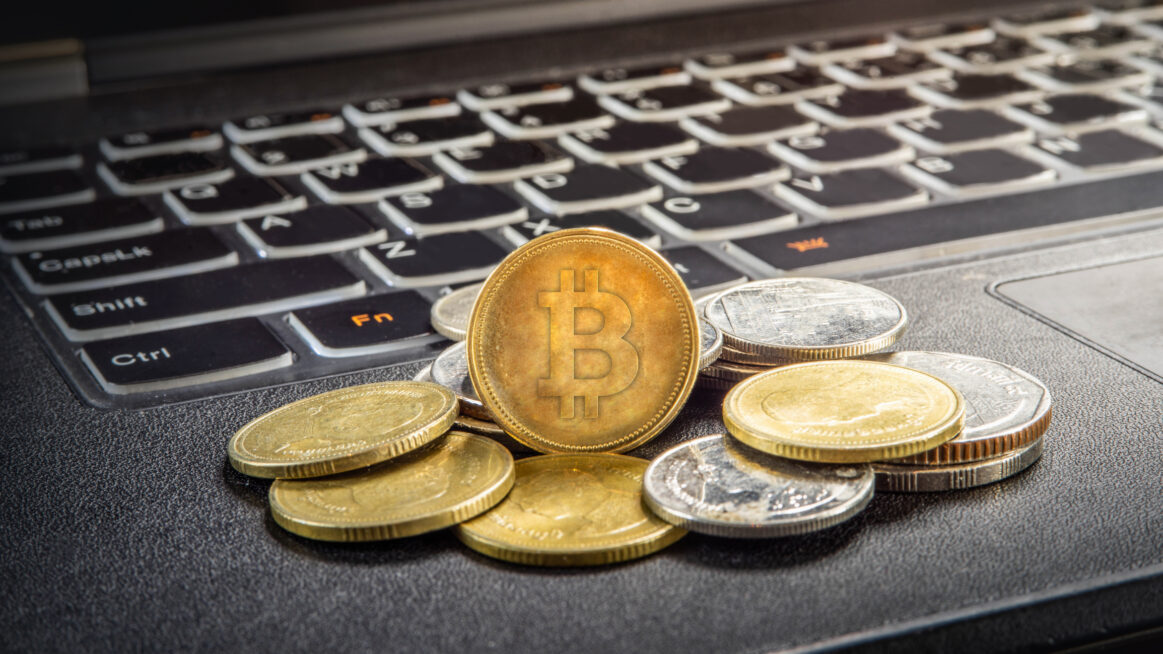
Alex Capozzolo
By: Alex Capozzolo
If there’s anything that most real estate industry members can agree on, it’s that the industry doesn’t like change—especially when it comes to technology. How long did it take us to adapt to e-signing? Fortunately and unfortunately, technology will continue to disrupt our industry. That’s where cryptocurrency and blockchain come in. Despite recent volatility in the metaverse space, the reality is that these things have already started affecting the industry and will likely continue to do so. Of late, the metaverse encountered some stumbling blocks, but, likely, it’s not going anywhere.
Here are three impactful ways that the blockchain will affect real estate moving forward.
Houses Will Sell Faster
Once blockchain is fully integrated into the real estate industry, things will speed up. We’re already seeing this happen because of how the blockchain is set up. Once an offer is submitted to the blockchain, it functions as a smart contract, which automatically triggers the movement of the transaction.
Blockchain allows for all of the necessary information needed for the transaction to exist in one place. Paperwork and information that usually stops the transaction process until received—title information, property history and buyer information—will be on the blockchain already. This will enable houses to sell fast. Those week-long waiting periods as the title report gets prepared simply won’t exist.
Properties Will Become NFTs
This is already happening today. Multiple properties have been sold as fractional NFTs. Otherwise known as a nonfungible token, an NFT is a digital, blockchain-based asset. First, an NFT is created that represents the ownership of a property. Then, buyers can purchase fractions of the NFT instead of the entire property. This is just like investors can purchase fractions of a bitcoin instead of an entire bitcoin. Property options include land, apartment complexes and single-family homes.
As Forbes notes, real estate NFTs exist in the metaverse—a digital world or game—and in the real world. Buyers can purchase properties in their games and virtual worlds, but some NFTs allow for the sale of physical property in the real world as well.
NFTs have the power to bridge the homeownership gap since requirements differ from that of traditional means. In many cases, homebuyers don’t need nearly as much capital to buy an NFT. Additionally, credit and background checks typically aren’t performed when buying on the blockchain.
Reduced Fraud
It’s hard to say that fraud will never exist, regardless of how much technology improves the real estate industry. However, the blockchain greatly reduces the potential for real estate transactions and ownership fraud. Everything on the blockchain is recorded publicly for people to view and access and changes are noted in real-time, making fraud nearly impossible.
When selling an inherited property, who owns which portions of the home are available for all to see. Deed fraud will also be significantly reduced, and ownership crystal clear. The increase in transparency in the blockchain makes it nearly impossible to fake owning a property and attempt to sell it.
The Future is Coming
Whether we like it or not, change is already happening in the real estate industry. As real estate professionals, it’s essential that we adjust accordingly. Blockchain and cryptocurrency are already starting to into our industry. Adoption of these nontraditional options will continue and we’ll want to adapt along with these changes rather than playing catch up.

Comments 2
Are there any future plans to have any type of training or or awareness of cryptocurrency for Realtors?
It sounds like interesting times lie ahead. Thanks for your insights, Alex Capozzolo.